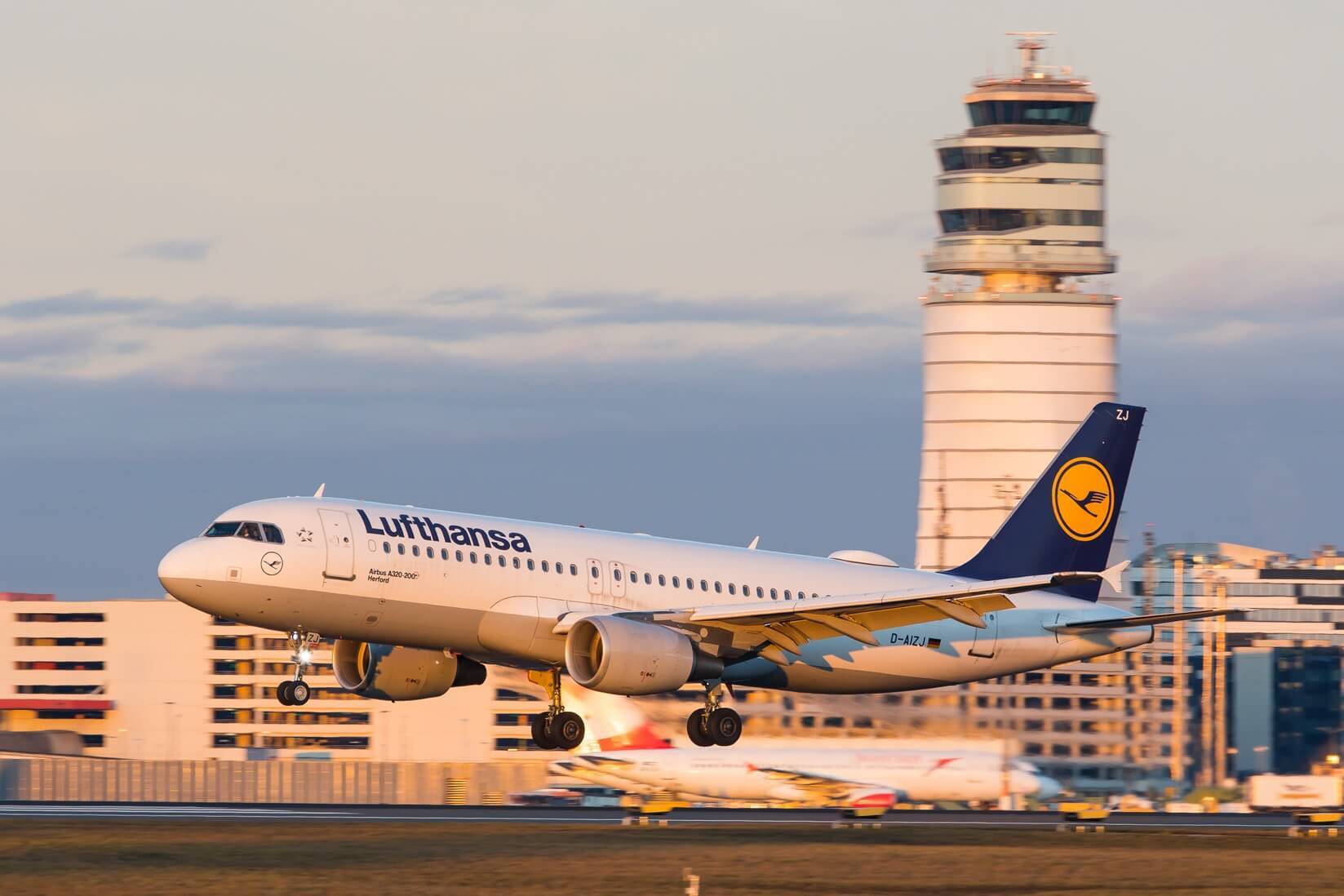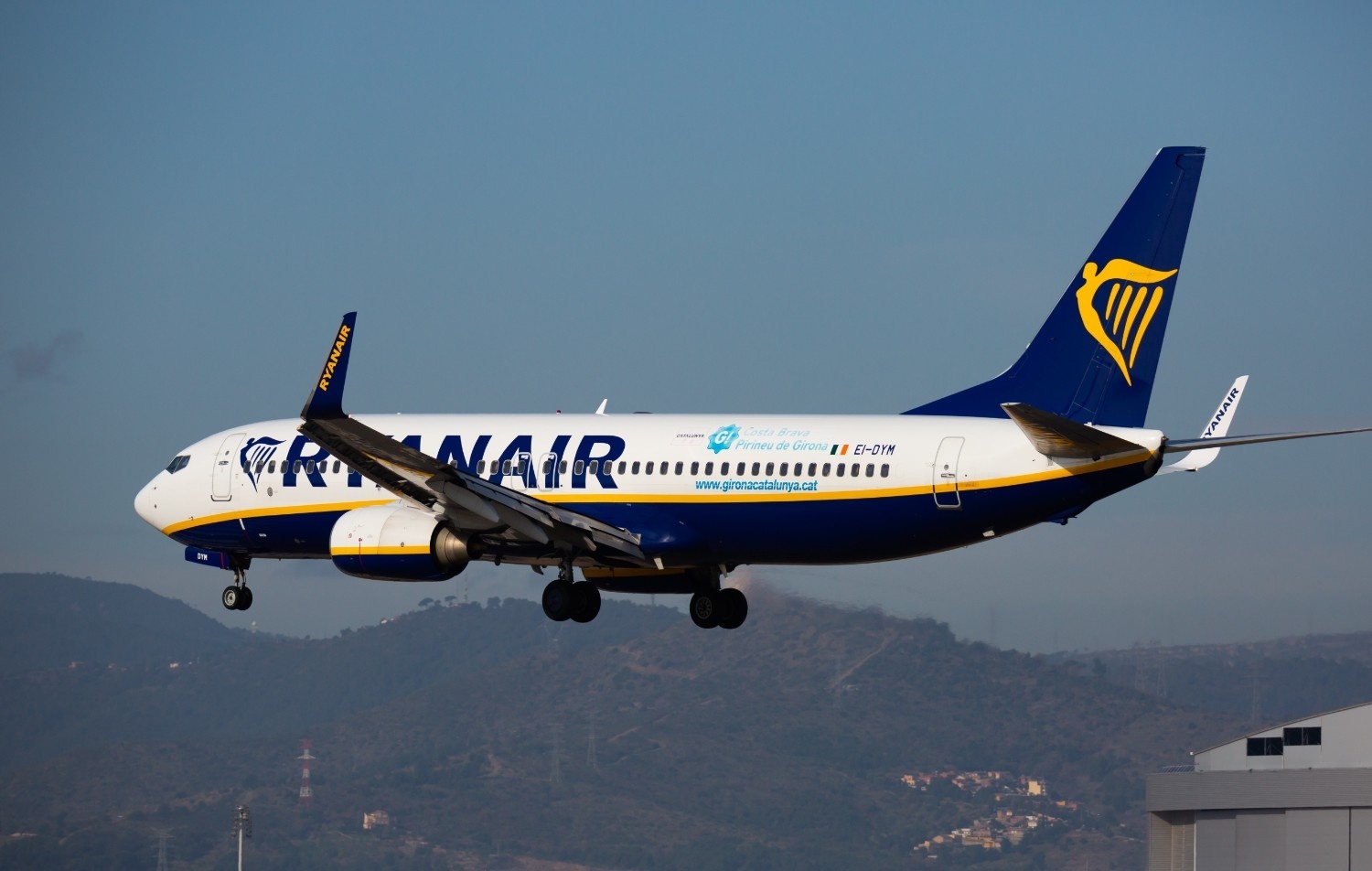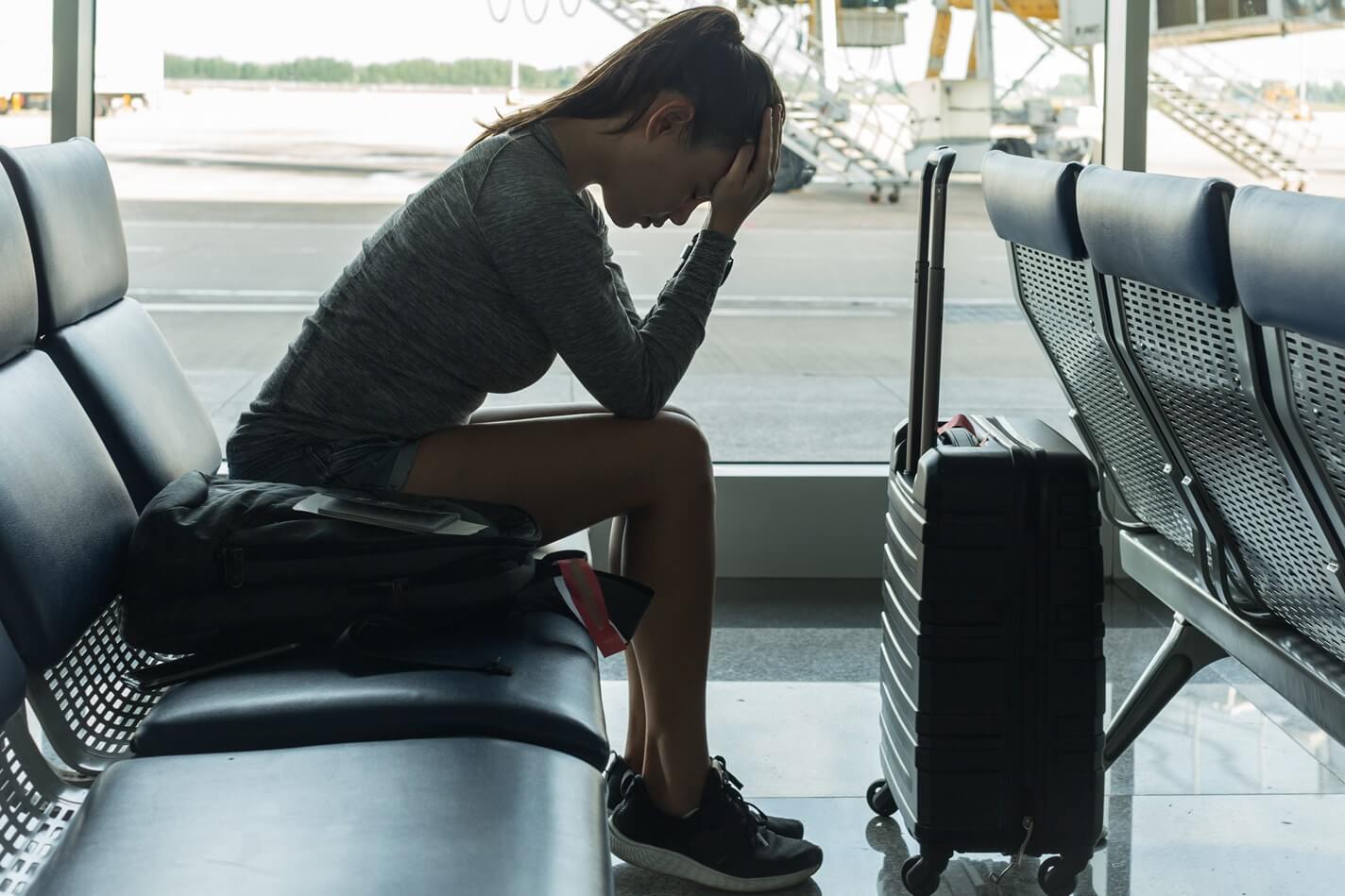How airlines are solving the baggage crisis

Flying in Europe is one of the main components of the transportation system for many people. However, because passengers number is increasing rapidly, the region is experiencing a lot of problems with baggage handling. Missing or delayed luggage is now a common problem for many travellers. In response to this problem, airline and airports in Europe implemented new approaches to solve the baggage issue.
In this article, we will describe the problems and discuss the new changes that the airlines implemented and developed to help the passengers with their baggage problems.
The causes and effects of the baggage crisis
The first step is to understand what is causing the baggage handling problems. Let’s look through them:
- Increase in travel demand: After the pandemic restrictions were lifted, it led to increasing the plane travel, but it also stretched to the many baggage facilities at many airports.
- Skilled personnel shortage: Both airports and airlines got significantly affected by the reduction of airport personnel due to the COVID pandemic. This means that the capacity was low to meet the recovery and increases of flights and passengers.
- Complicated IT systems: There are a lot of flights in Europe that are connecting ones. This is also one reason about lost or delayed luggage.
- Old infrastructure: Unfortunately, not all airports in Europe are using updated baggage handling system. It leads to problems meeting the current luggage load.
The above-mentioned problems are what is leading to delayed, lost or misplaced luggage and what frustrates the travellers.
New technologies in baggage handling
So, airlines and airports are really stepping up their game by using some cool tech to make our travel experience smoother.
- RFID technology: Lufthansa and Air France have started using RFID technology to track baggage in real-time. Now the regular barcode system is not as effective anymore in our days, but the RFID tags allow the airlines to continuous baggage tracking.
- Passenger tracking applications: Now you can check the status of your luggage real-time in airlines apps. This boosts the transparency and security.
- Automated baggage systems: Major European airports, including Schiphol in Amsterdam and Frankfurt Airport, recently introduced the high-speed conveyors and robotic sorters in their automatic baggage systems. Now those systems are more productive and reduces the human error.
- Artificial intelligence and predictive analytics: AI is finding its way into the airlines too. Now AI can identify the potential luggage issues by analysing flight details, passenger number and historical data on how many luggage were lost, damaged or missing.
Improved operational practices
In addition to technology, airlines have adopted the following operational changes:
- Effective check-in procedures: Early check-in, online check-in, and self-service kiosks help limit crowding at baggage check-in areas, allowing personnel to focus on proper baggage handling. Frequent flyers and business-class travelers receive preferential treatment to ensure faster handling and delivery of their bags.
- Dedicated baggage teams: Airlines such as British Airways and KLM have created special baggage recovery teams assigned to identify and transport delayed bags to passengers.
- Collaborations with airports: Cooperation between airlines and airport authorities is crucial. For example, baggage issues at Heathrow and Charles de Gaulle airports have been addressed by joint task forces during peak hours.
Improving communication with passengers
This is one of the main pains of passengers during baggage delays, the lack of communication and given information. This is how the airlines respond to this problem:
- Real-time updates: Many airlines now provide real-time updates on checked-in baggage through mobile applications, informing passengers about baggage location, expected delivery times, and any potential delays.
- 24/7 customer support: Airlines like Swiss and SAS have expanded their customer relations departments to provide round-the-clock service for baggage concerns.
- Self-service recovery tools: Online tools help passengers report lost bags, check claim status, and arrange for delivery of found items without waiting in long lines.
Investing in airport infrastructure
Now airlines are working with airport owners, so they can boost the physical facilities, modernize them and expand the space constraints:
- Updating baggage systems: Major hubs such as Munich and Vienna are investing in improved baggage handling systems that can sort more bags efficiently.
- Upgrading regional airports: Regional airports are also being modernized to ensure a consistent level of service across the network.
- Dedicated transfer zones: Airports are creating specific areas for baggage transfer between connecting flights to minimize the chances of misdirected bags, particularly during short layovers.
Passenger rights and support
Despite improvements, baggage loss or damage can still come around every now and again. Airlines in the European Union and beyond comply with and enhance regulations to regain passenger confidence:
- EU Regulation 261/2004: Under EU regulations, passengers are entitled to compensation for delayed or lost luggage, with airlines required to cover essential purchases made during the delay.
- Expedited compensation: Airlines like Air Europa and Iberia have implemented fast-track compensation measures, ensuring refunds within two working days after a claim is submitted.
- Home delivery services: Once found, delayed baggage is delivered to passengers' homes or hotels to save them a return trip to the airport.
Now we discussed the whole baggage crisis in Europe and the challenges that passengers and airlines are facing each day. Through the new technology, operational changes and communication improvement, the airlines are working further on to resolve this issue permanently or at least minimize it as much as possible. The improvements are much needed but remember that the current measures are paving the way for a more efficient and passenger-friendly oriented baggage management system in Europe in the future. With more investments and collaborations, passengers are looking forward to way less stressful experiences with their luggage in the future.
Latest posts
Flight delays and cancellations in July 2025
Check which flights were delayed in July 2025 – you may still be entitled to claim up to 600 € in compensation.
Flight cancellations and delays in March 2024
Check which flights were delayed in March 2024 – you may still be entitled to claim up to 600 € in compensation.
Flight cancellations and delays in February 2024
Check which flights were delayed in February 2024 – you may still be entitled to claim up to 600 € in compensation.












